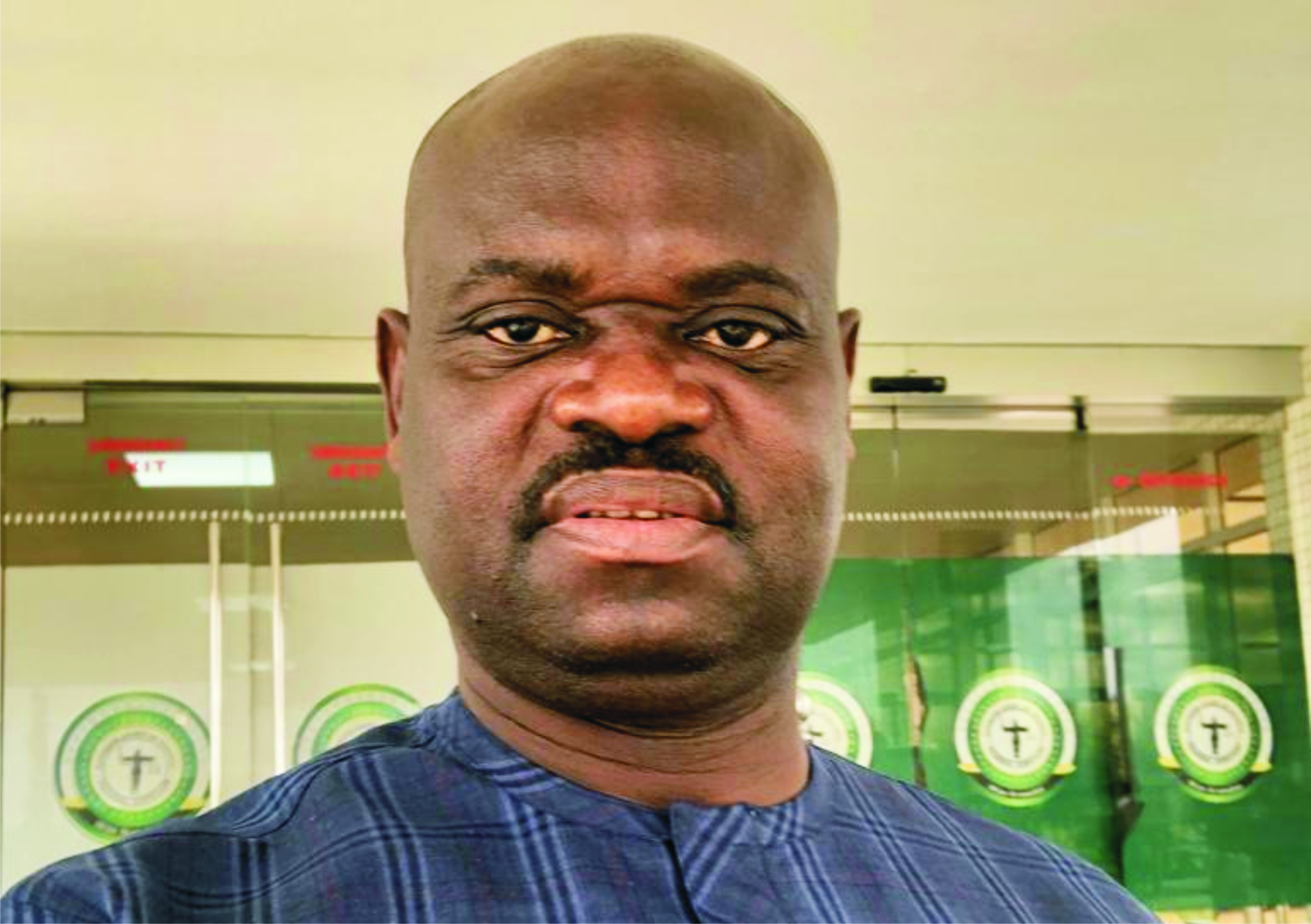Business
RSG Mulls Blueprint For Energy Needs

The Rivers State Ministry of Energy and Natural Resources has disclosed plans to fashion out a blue print and policies to develop the natural resources and energy potentials of the state.
The Hon. Commissioner for Energy and Natural Resources, Dr Peter Medee, gave the hints while speaking with The Tide in an exclusive interview in his office last Monday.
The commissioner said modalities would be mapped out to meet up the mandate of the ministry, which is expected to address the energy needs of the state.
He said that the move would also maximise the participation of Rivers people in the upstream/down stream sectors.
The state energy boss said that the move is part of the measures of meeting up the statutory responsibilities, disclosing that short term, medium term and long term development plans would be worked out, while the ministry would synergise with relevant stakeholders to meet up set goals.
He charged the staff of various departments in the ministry to work hard to achieve the objectives and mandate of the ministry.
Dr Medee also urged River people to key into the vision of the Rivers state Governor, in the mobilisation and harnessing of the natural resources of the state for economic growth.
He said: “His Excellency, the Governor of Rivers State, Chief Barr Nyesom Ezenwo Wike is desirous to promote economic development in all sectors of the state economy.
This is why the Governor has inaugurated the Ease of Doing Business (EDB) committee with a charge to create the enabling environment for investment to strive in the state”.
Dr. Medee assured that the ministry would continue to protect the interest of Rivers people from arbitrary charges of N50 POS. by filling station owners, insisting that the fee was a merchant charge for the operators of the filling stations and not for customers.
Taneh Beemene
Business
Fidelity Bank To Empower Women With Sustainable Entrepreneurship Skills, HAP2.0
Business
President Tinubu Approves Extension Ban On Raw Shea Nut Export
Business
Crisis Response: EU-project Delivers New Vet. Clinic To Katsina Govt.
-

 Education4 days ago
Education4 days agoElga boss tasks law students on academics strides
-

 News1 day ago
News1 day agoAmend Constitution To Accommodate State Police, Tinubu Tells Senators
-

 Politics1 day ago
Politics1 day agoSenate Urges Tinubu To Sack CAC Boss
-

 News1 day ago
News1 day agoDisu Takes Over As New IGP …Declares Total War On Corruption, Impunity
-
Business1 day ago
President Tinubu Extends Raw Shea Nuts Export Ban To 2027
-
Business1 day ago
Crisis Response: EU-project Delivers New Vet. Clinic To Katsina Govt.
-

 Business1 day ago
Business1 day agoPENGASSAN Rejects Presidential EO On Oil, Gas Revenue Remittance … Seeks PIA Review
-
Business1 day ago
FG Pushes Cassava Bioethanol Drive To Boost Industrial Growth

